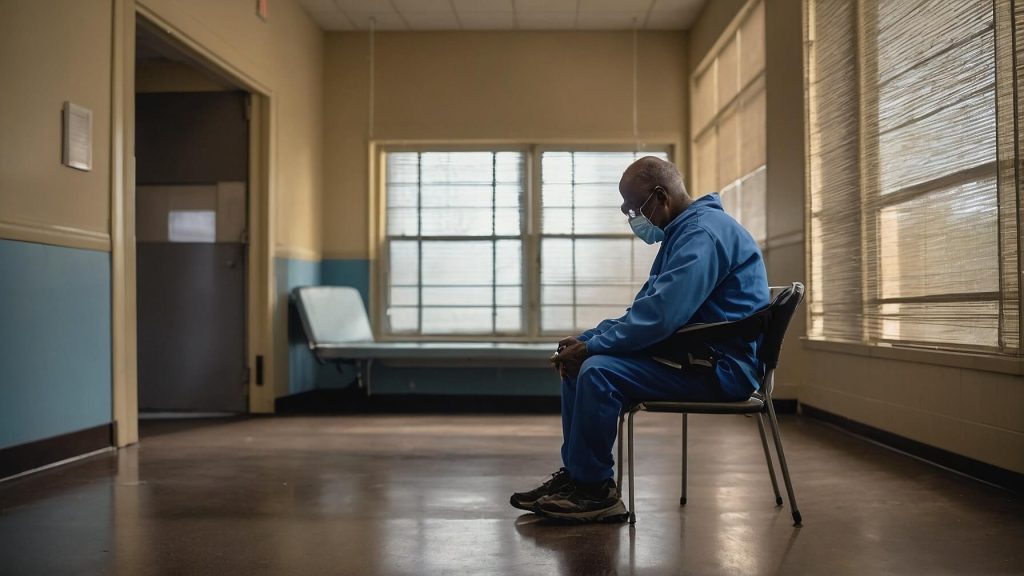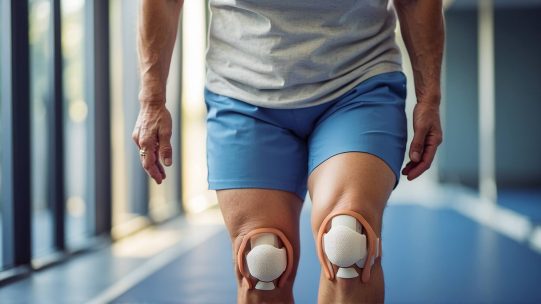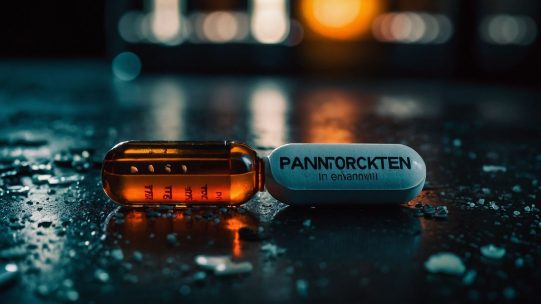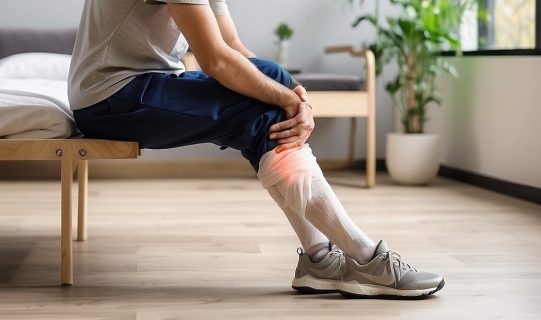Potential for drugs to hasten opioid discontinuation in surgical patients

Opioid painkillers after surgery can be the first step toward addiction for some patients. But a new study shows that one common drug may reduce the amount of narcotics a patient needs.
When a non-opioid painkiller called gabapentin was administered before and after surgery, the continued use of opioid painkillers was reduced by 24%, according to researchers at Stanford University School of Medicine.
The findings come amid the opioid epidemic in the U.S. Since 1999, overdose deaths have quadrupled, largely due to the abuse of prescription painkillers such as oxycodone (oxycodone) and heroin.
Says researcher Dr. Sean McKee, chief of the Division of Pain Medicine, “Our country is facing an opioid crisis, and many people are exposed to opioids after surgery.”
According to the study’s background briefing, more than 51 million Americans undergo surgery each year. Most of them are given opioid painkillers after surgery, and up to 13 percent become regular users.
Some people are vulnerable to the addictive properties of these drugs,” McKee said. We want to find ways to help people stay out of the opioid problem.”
Gabapentin (trade names: Neurontin and Glarisse) is used to prevent seizures and relieve nerve pain caused by shingles. Gabapentin is inexpensive because it is sold as a generic drug and is covered by most drug plans.
According to the researchers, the drug appears to “modestly” reduce the amount of time patients feel they need opioid analgesia.
Says McKee, “This means patients are less likely to become addicted to opioids and less likely to experience opioid side effects.”
Side effects include sedation, nausea, and constipation.
Surprisingly, the drug did not affect the time it takes for postoperative pain to subside, McKee says. It did, however, have an effect on the length of time patients needed opioids.
In the study, McKee and colleagues randomly assigned 410 surgical patients to receive gabapentin or placebo before and for three days after surgery. Patients were followed for up to two years.
Surgeries included thoracic surgery, knee replacement, and hand and breast surgery. The study found that gabapentin was effective regardless of the type of surgery.
It is not clear how gabapentin reduces the need for opioids, according to McKee. Perhaps it takes advantage of the chemical changes in the brain after surgery.
‘The long-lasting effects of gabapentin probably reduce the need for opioids to a lesser extent.
Gabapentin is non-addictive.
McKee said more research is needed to determine which patients will benefit most from gabapentin, how much to give, and for how long.
Gabapentin may also be effective in patients with pain from trauma. If administered in the emergency room, it could reduce the need for opioids and thus help prevent addiction in such situations, he said.
The results of the study were published online Dec. 13 in JAMA Surgery.
Dr. Michael Ashburn is director of pain medicine at the Pennsylvania Pain Medicine Center in Philadelphia. He said the study may have important implications.
Ashburn, co-author of an accompanying journal editorial, said, “It has been reported in this study and others that the duration of opioid administration may affect whether patients transition to chronic opioids postoperatively.”
Gabapentin does not appear to shorten the time to resolution of postoperative pain, but “it may allow opioids to be discontinued more quickly after surgery,” Ashburn said.
At Lenox Hill Hospital in New York, postoperative administration of gabapentin is already part of the clinical practice, said Dr. Kiran Patel.
I am always looking for ways to reduce opioid requirements and get patients off opioids and not transition them to chronic opioid use,” said Dr. Patel, an anesthesiologist and pain management specialist at the hospital. There are other ways to manage pain after surgery besides opioids and anti-inflammatory drugs, she notes. Incorporating them in the right patients may reduce opioid use.”










Comment